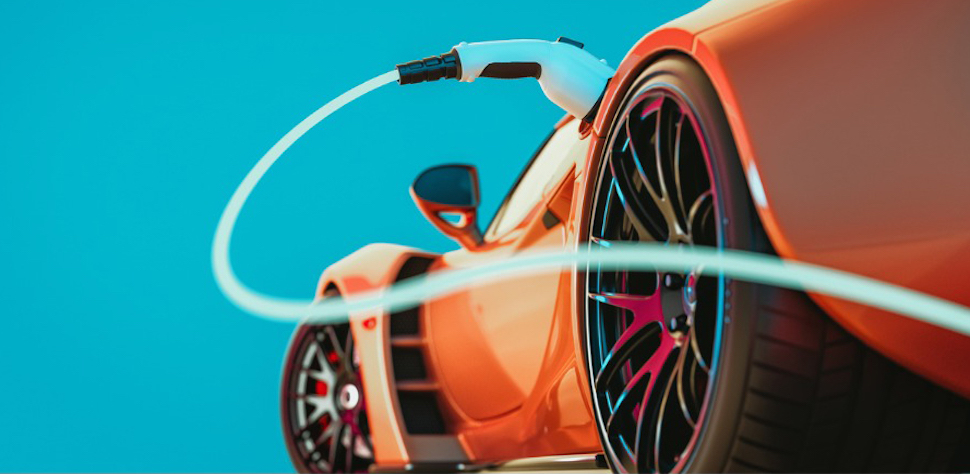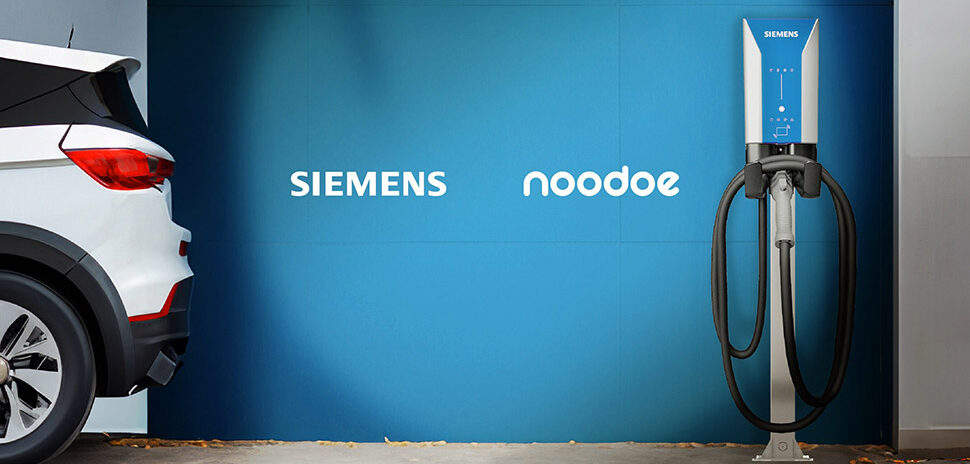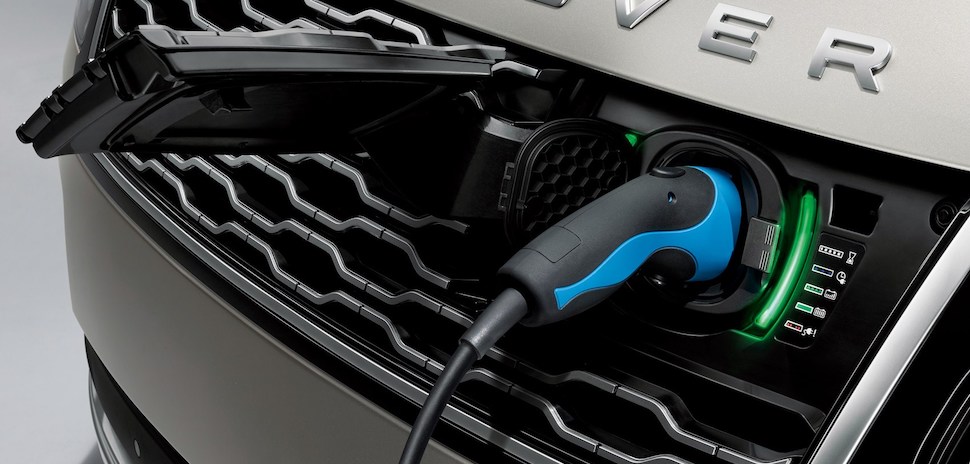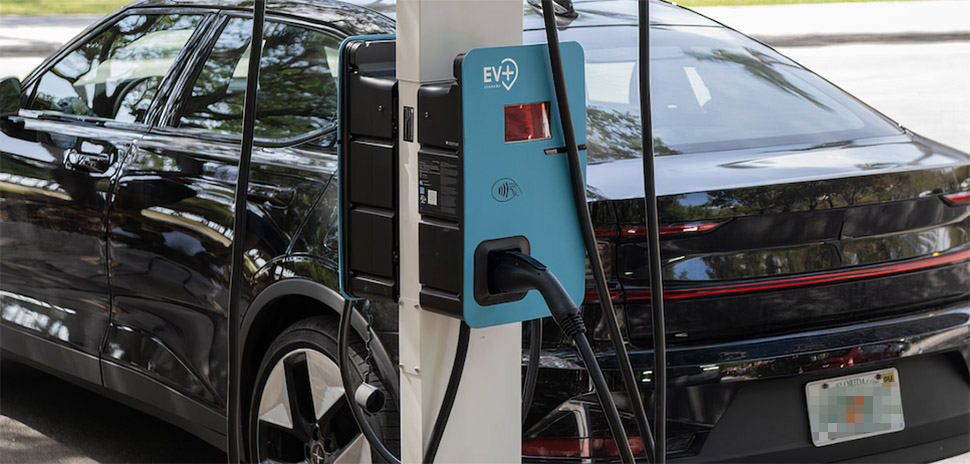Two things are tapping the brakes on the adoption of electric vehicles: range anxiety and the lengthy time that’s usually needed to get an EV charged up and back on the road. Now Solidion Technology (Nasdaq: STI) says it may have found a solution. Its battery scientists “have successfully developed a cost-effective strategy for enabling completion of charging in 5 minutes for a wide range of lithium batteries,” the company announced Wednesday.
Solidion—an advanced battery tech solutions provider headquartered in Dallas with production facilities in Dayton, Ohio—noted that for EVs to be truly competitive with internal combustion engine vehicles, they need to be weather-independent and have “refueling” times comparable to filling up a gas tank. The company pointed out that half of the U.S. and most of Northern Europe has an average temperature below 0°C. “None of today’s EV batteries allow for fast charging at low temperatures,” Solidion noted.
To help pave the way for a battery that can be fast-charged at all climate conditions, Solidion said its technical team has developed and patented “an effective method and system for fast charging a battery cell or pack without negatively impacting the battery.” The strategy also allows a battery system to operate in a “safe mode” and avoid a thermal runaway problem.
Graphene-based heat spreader
Solidion’s newly patented technology uses a graphene-based heat spreader to quickly move heat from a battery to warm it up before or during fast charging, and a cooling system that kicks in when the battery is in use. The heat spreader moves the heat to the cooling system for efficient cooling, the company said, with the system able to switch between heating when charging and cooling when discharging.
Solidion noted that graphene has a “super high” thermal conductivity of 5,300 W/m-K, and is “much more effective” than copper, which has a lower conductivity of 410 W/m-K and is four times heavier.
The company said it’s aiming toward fully commercializing the new technology in “two to three years.”
Also exploring extending EV range by using silicon anodes
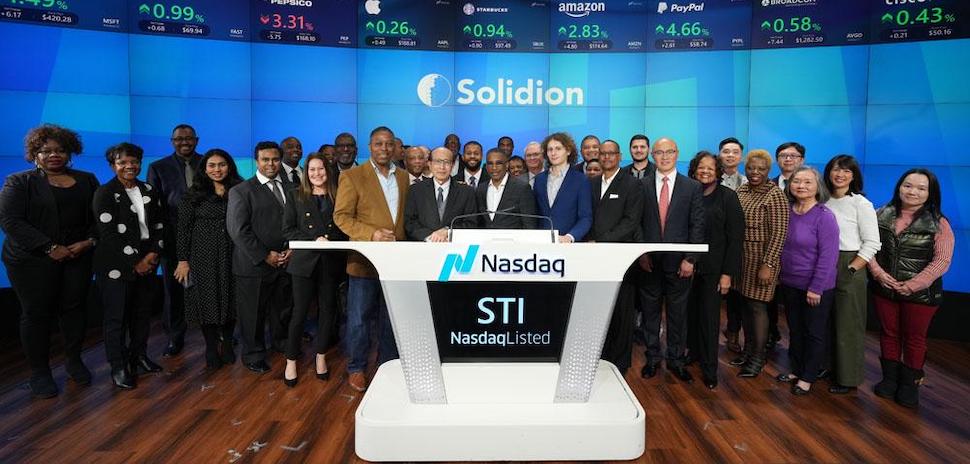
Solidion Technology Chairman and CEO Jaymes Winters rang the closing bell at Nasdaq on Feb. 9, 2024. [Photo: Nasdaq]
Solidion rang the closing bell at Nasdaq last February after being listed through a SPAC merger between Dayton, Ohio-based Honeycomb Battery Co. and Dallas-based Nubia Brand International Co. At the time, the company noted that the energy that a lithium-ion battery can supply to an EV is limited by the number of charges stored in its anode and cathode materials. Solidion added that silicon oxide and silicon are two evolving anode materials capable of improving the energy density of EV batteries and extending the EV range by 20% to 40%.
The company’s Dayton facility was established for manufacturing silicon oxide and silicon. Solidion said in February that its silicon anodes drive “significant improvements” in lithium-ion batteries, and said industry-leading EV OEMs have concluded that silicon and silicon oxide anodes are required to drive EV battery technology to lower cost and provide higher energy density, significantly extending the EV driving range.
Last May, Solidion unveiled its patented bipolar electrode-to-pack (BEEP) technology. Aiming to simplify the design and manufacture of solid-state batteries, the tech “produces a high-voltage, high-capacity battery pack by stacking and connecting bipolar electrodes and solid electrolyte layers in series and in parallel,” the company said at the time.
![]()
Get on the list.
Dallas Innovates, every day.
Sign up to keep your eye on what’s new and next in Dallas-Fort Worth, every day.

